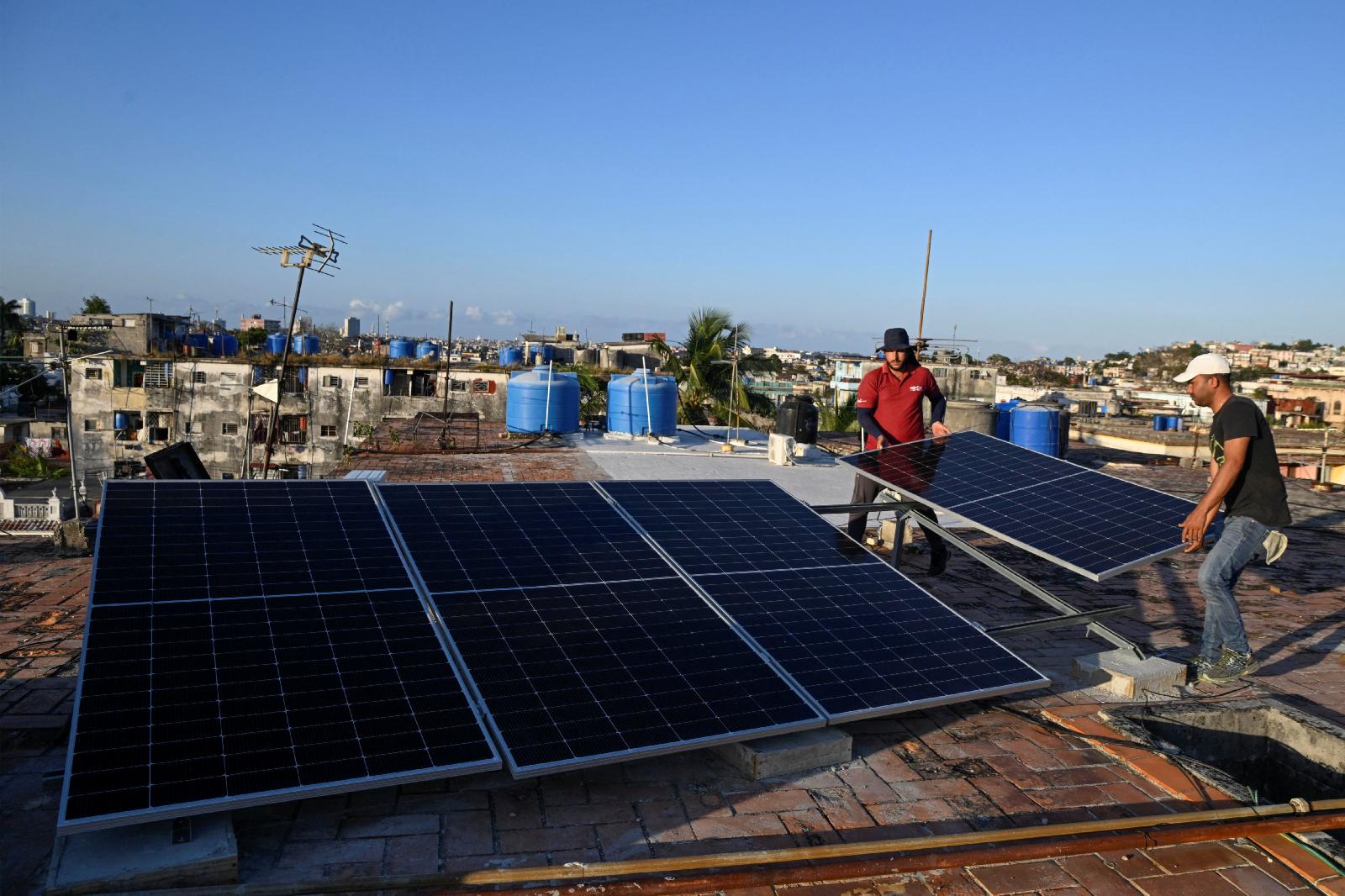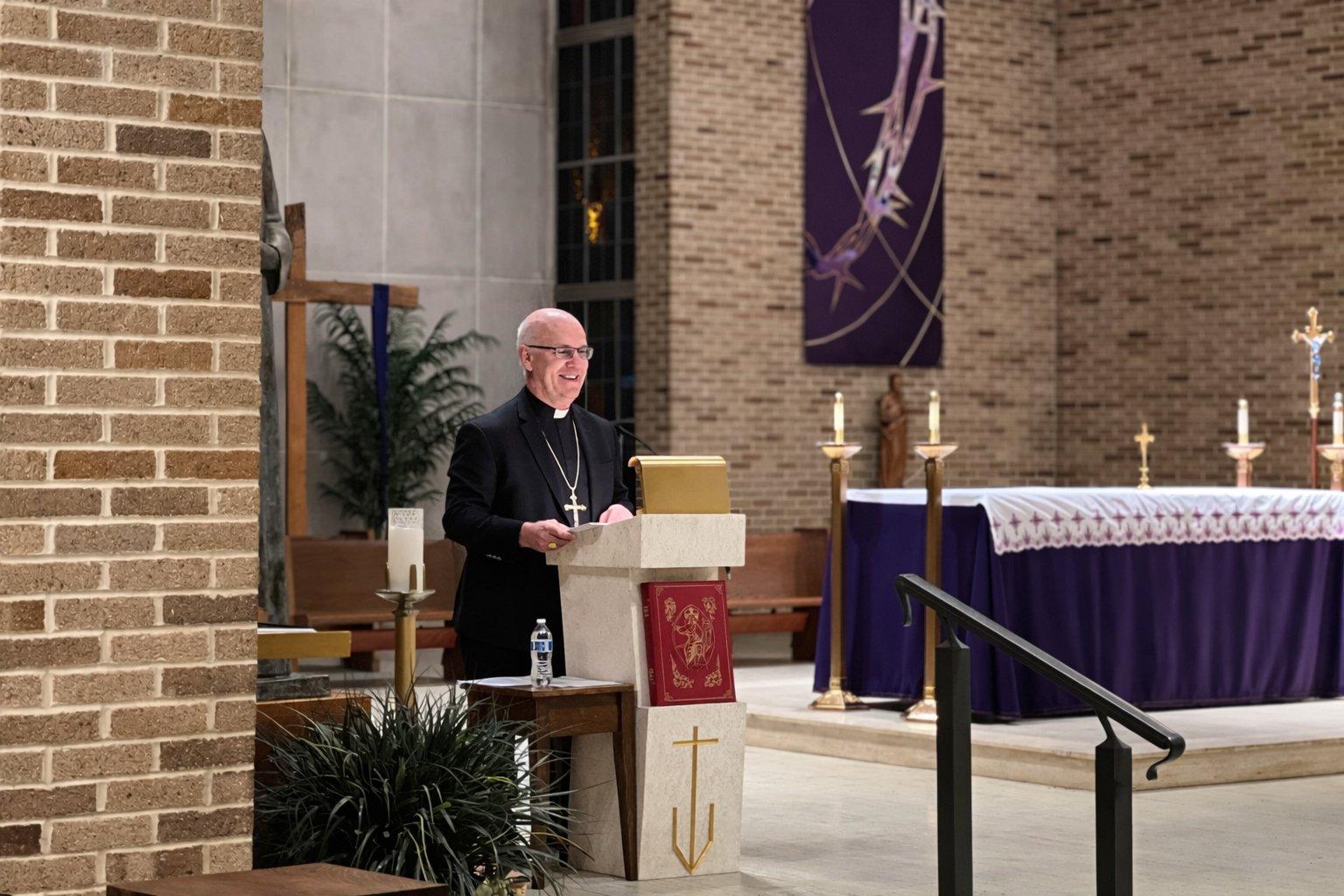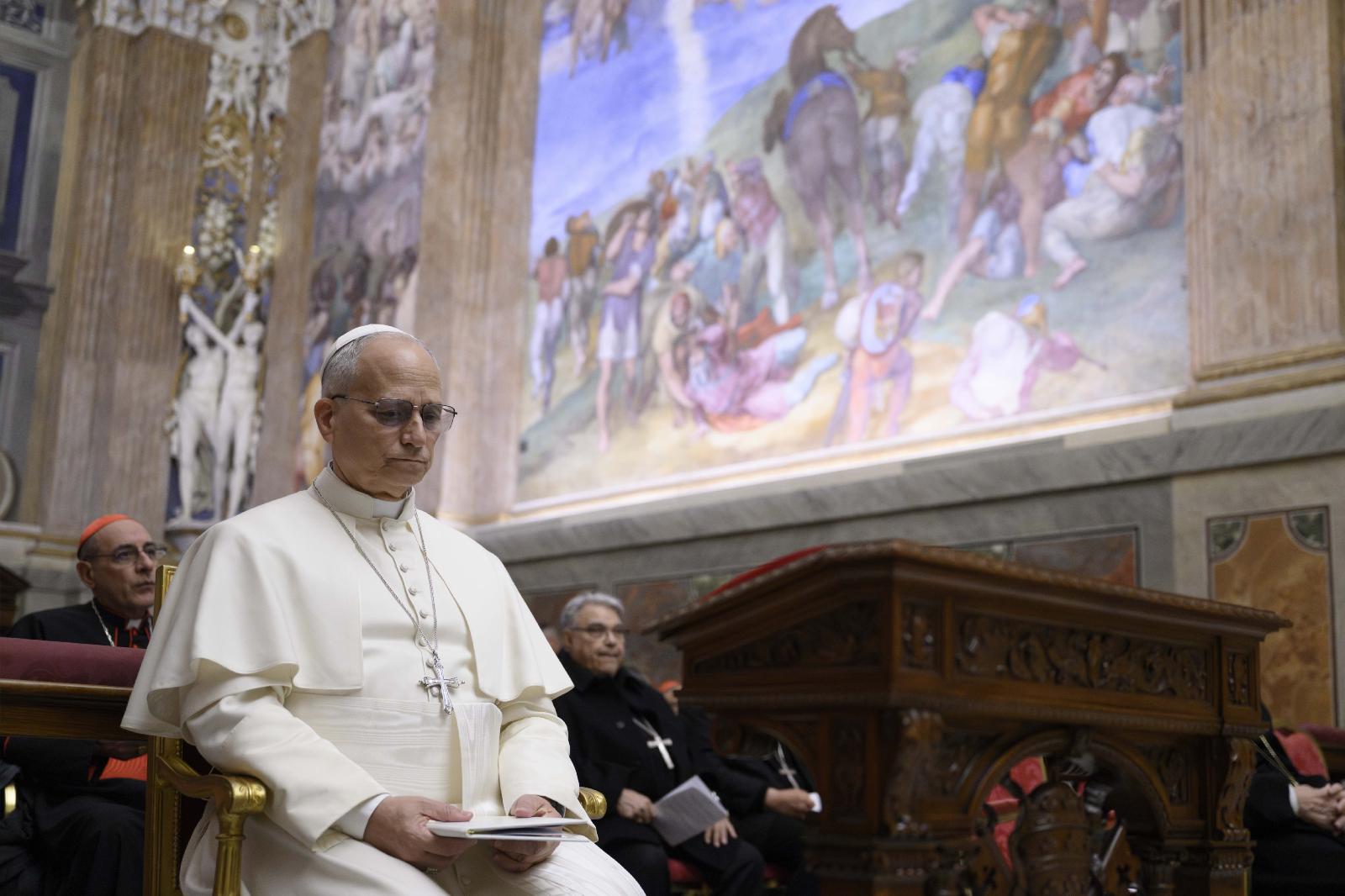Ukraine scrambles to limit damage from blockbuster corruption scandal
KYIV — Ukraine isn’t hanging about in trying to fix the damage caused by a megabucks corruption scandal exposed this week.
Top officials are rushing to reassure Kyiv’s Western partners, after the alleged $100 million kickback scheme in the energy sector — which implicated current and former top officials, and some close associates of President Volodymyr Zelenskyy — troubled allies.
“We must act quickly and decisively on the battlefield and act equally in vital areas within the state. The government’s task is to show Ukrainian society and partners that under no circumstances will we tolerate corruption and will respond quickly to any facts,” Ukrainian Prime Minister Yulia Svyrydenko told POLITICO.
“We value our strong and permanent relations with foreign partners. It is important for us to maintain these relations, based on trust, and any threats to them are unacceptable,” she added.
As the scandal mushroomed this week, Kyiv announced high-profile resignations, sanctions against Zelenskyy’s former business partner, a major audit and a reshuffle in the state energy companies, aiming to show Ukraine can effectively clean house.
“During a full-scale war of aggression, when Russia destroys our energy system day after day and our people endure constant outages, we must fight corruption with the same determination as we fight the external threat,” Svyrydenko said.
“In the most difficult times, our strength is unity. Clearing any corruption in any government institution is a matter of dignity for our government. We bear responsibility before our defenders,” she added.
That message was also promoted by Zelenskyy’s representatives.
“There is no room for impunity, whether you’re close or not close ally to someone,” Olga Stefanishyna, Ukrainian ambassador to the U.S., told NBC News on Thursday evening. “It’s not a nice thing, but also never in Ukraine’s history have we experienced that, and that means some things we created are really working.”
The corruption scandal rocked Kyiv at an awkward moment, as Ukraine is urging EU partners to take a huge risk and agree on a €140 billion reparation loan taken from seized Russian assets.
It needs financial assistance to survive likely the harshest winter since the start of Russia’s full-scale invasion in 2022. And allies who still want to back Kyiv also want answers on corruption.
“The president was very clear: For him, there is no such thing as an untouchable person involved in corruption or crime. He’s a very principled person. First of all, he himself is not corrupt,” Zelenskyy’s top adviser, Andriy Yermak, said in an interview with the Axel Springer Global Reporters Network, of which POLITICO is a part.
“Everything that has happened is the result of absolutely free investigations,” Yermak said. “It demonstrates that all these bodies are independent and working.”
Restoring trust
Citing Russian infiltration, Ukraine’s parliament in July abruptly voted in favor of a law that would have stripped independence from key anti-corruption watchdogs and placed them under political control.
Zelenskyy signed the bill into law, but U-turned under heavy pressure from Western allies who saw it as an anti-democratic move.
The National Anti-Corruption Bureau (NABU) was, at the time, investigating Tymur Mindich — Zelenskyy’s former business partner and co-owner of the Kvartal 95 Studio, a production company set up by the comedian-turned-president.
Mindich fled to Israel earlier this week before he was exposed by prosecutors as the alleged ringleader of the multimillion-dollar energy sector plot, and has not been reached for comment by POLITICO.
Kyiv has now unveiled a series of moves to reassure allies. One senior Ukrainian official, granted anonymity to speak candidly to POLITICO, said the leadership wants to show urgency in cleaning up corrupt schemes since they undermine the country as it faces Russian President Vladimir Putin’s ongoing onslaught.
Those moves include the almost-immediate ousters of German Galushchecnko and Svitlana Hrynchuk, the ministers of justice and energy, respectively. Zelenskyy announced Friday that Svyrydenko will submit new candidates for the posts.
In addition, the government announced Tuesday the relaunch of the supervisory board of nuclear energy operator Energoatom — the state organization at the center of the scandal — and got rid of the company’s supervisory council and vice president.
A major financial audit was announced Wednesday of state procurement contracts in Energoatom and other state-owned companies, primarily from the energy sector.
The government also stopped the competition Thursday for the post running Ukraine’s state gas transportation system, as one of the finalists was featured on NABU wiretaps as a potential suspect in Mindich’s alleged schemes. In addition to that, the authorities instructed supervisory councils to conduct audits of all state strategic enterprises, primarily in the energy sector.
Ukrainian watchdogs, however, say that further steps will be required to fully restore trust.
A major new reform push could turn the reputational fiasco into an opportunity to show that Ukraine indeed wants to abolish corruption permanently, said Mykhailo Zhernakov, executive director of the Dejure Foundation, a judicial reform watchdog based in Kyiv.
“I do think the Ukrainian government has all the powers to show partners that, OK, we stumbled, but instead of offering pinpoint solutions, we are launching systematic changes,” Zhernakov said.
Late Friday, Yermak posted on Telegram that he’d met U.S. Charge D’Affairs in Ukraine Julie Davis and talked about the issues.
“We discussed the fight against corruption,” he said. “We expressed our shared belief that investigations into recent high-profile cases should be thorough, professional, and impartial, and should lead to real results, rather than being used to destabilize the situation in Ukraine in favor of Russia’s plans.”
This article has been updated.




















:quality(85):upscale()/2025/08/14/650/n/1922283/470aeb83689df49cdc1bb6.14084110_.jpg)
:quality(85):upscale()/2023/10/03/668/n/1922283/1f15c8a9651c2d209e5eb5.32783075_.jpg)
:quality(85):upscale()/2025/09/09/891/n/1922283/7222624268c08ccba1c9a3.01436482_.png)
:quality(85):upscale()/2023/09/18/918/n/1922398/a1136b676508baddc752f5.20098216_.jpg)
:quality(85):upscale()/2025/10/09/670/n/1922283/00b944c868e7cf4f7b79b3.95741067_.jpg)
















